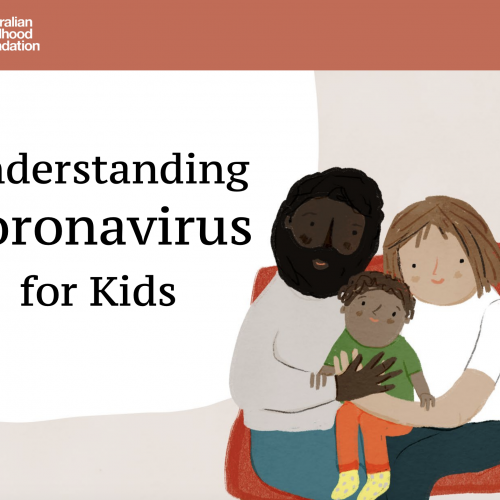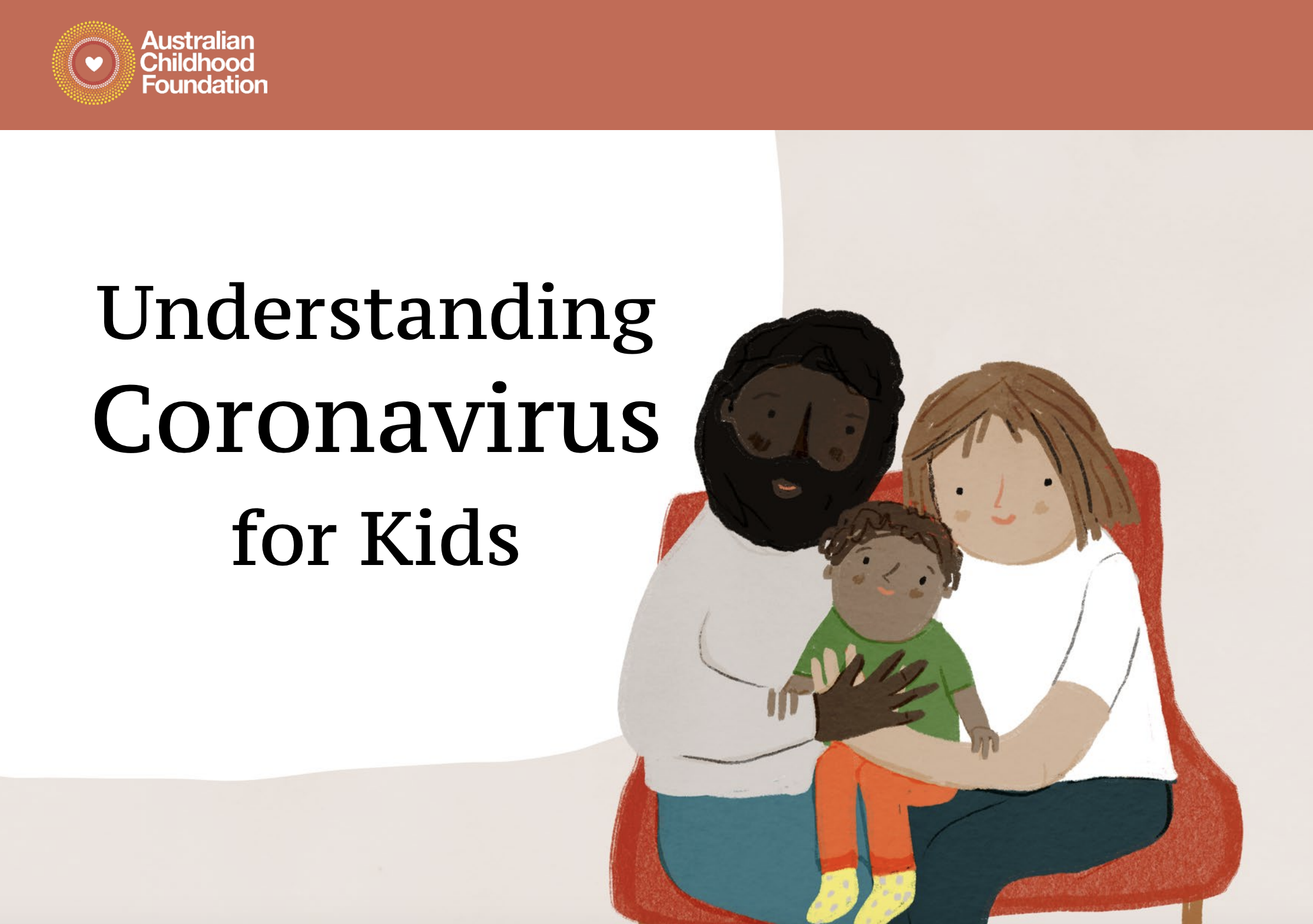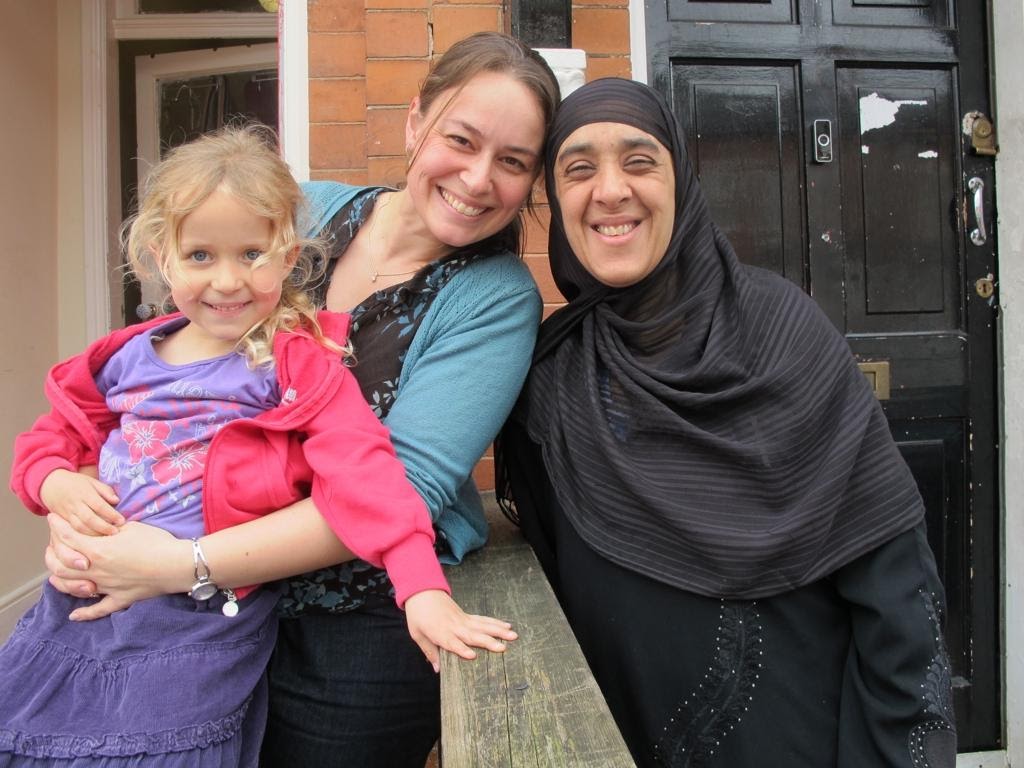
In 2010, I relocated with my wife Merryn and two-year-old daughter Rosie to Birmingham in the UK. We moved to join a new ministry called The Feast, which was founded by SU England and Wales.
The goal of The Feast is to foster and encourage dialogue among young people across religions and ethnicities. I was so excited to join this movement, which is about celebrating differences, collaborating together and authentically learning from one another.
Little did I know that the opportunity to “love my neighbour” would present itself so soon!
Our family found a terrace house to rent in Chestnut Road; a suburb where around 70% of the population were devout Muslims from Pakistan. I must confess, we were a little nervous about moving into the neighbourhood and wondered if we would be accepted.
On the day we moved in, our next door neighbour (whose front door was literally 1m from our own), came out to welcome us. Her name was Rosie Hussain, and she told us she was so happy to meet us and was glad we had chosen this street to live in. This was the beginning of a beautiful friendship.
Over the next eight years, Rosie and her extended family proved to be the most incredible neighbours. They lavishly blessed us with gifts of food. Rosie’s husband, Jumshed, serviced our car, they invited us to celebrate Eid with them and joined us for Christmas. What’s more, their kids became best friends with ours’. It was a special time.
Back in April of this year, when the COVID-19 pandemic was at its scariest, the whole world seemed to be talking about togetherness. Sadly, this unity has not lasted. We’ve recently seen the ugly depths of our social divisions.
The human race is made up of immense variety. Every single person is unique and special, and I believe, hand-crafted by a creator God.
We know as Christians we are called to love all people, regardless of our differences. But talk is cheap. We are called to put these words into action. In the case of Rosie and her family, it was easy for me. They welcomed us into their home and their hearts. I learned so much from the Hussains about what Jesus meant when he asked us to love our neighbour – and I am so thankful for that season.
The challenge is, how do we still follow this call to love our neighbour when others do not welcome us, or even persecute us? Or how do we love those who make us feel uncomfortable?
The Good Samaritan is a well known story which Jesus told to help his followers grapple with this teaching. The Samaritan man reached out his hand to help his neighbour at a time of great need. He did so, despite knowing that the man he helped most likely despised him for no other reason than his ethnicity.
For my good friend Rosie and her family, they reached out their hands in friendship to my family and I, despite our differences. They reached out, not knowing how we would respond, and yet they did anyway – and I’ve not been the same since.
The way forward with racism is complex, and I feel I could never capture all my thoughts in a single blog post. Instead, my hope is that a personal story with reflection on personal change will inspire you to learn, listen and understand more about the cross-cultural turmoil and unconscious prejudice across our society today.
About the author…
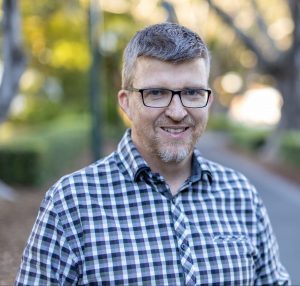 Tim works in Cross-Cultural Innovations for SU, seeking to foster vibrant ministry with people of minority cultures and other faiths. Prior to this Tim spent 8 years with The Feast in the UK, engaging youth of different faiths, and 10 years in various roles with SU Qld.
Tim works in Cross-Cultural Innovations for SU, seeking to foster vibrant ministry with people of minority cultures and other faiths. Prior to this Tim spent 8 years with The Feast in the UK, engaging youth of different faiths, and 10 years in various roles with SU Qld.
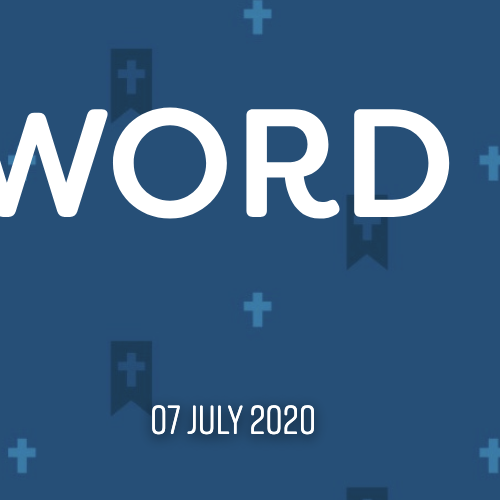



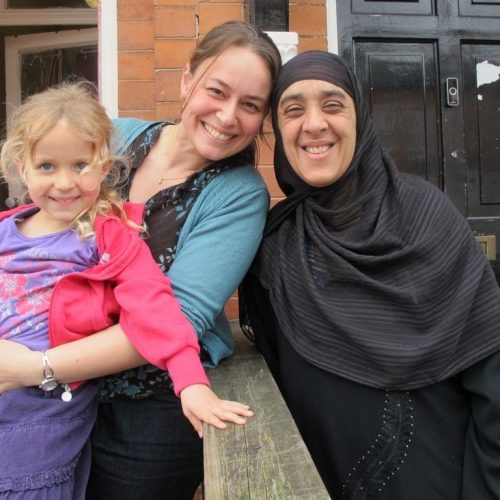

 Tim works in Cross-Cultural Innovations for SU, seeking to foster vibrant ministry with people of minority cultures and other faiths. Prior to this Tim spent 8 years with The Feast in the UK, engaging youth of different faiths, and 10 years in various roles with SU Qld.
Tim works in Cross-Cultural Innovations for SU, seeking to foster vibrant ministry with people of minority cultures and other faiths. Prior to this Tim spent 8 years with The Feast in the UK, engaging youth of different faiths, and 10 years in various roles with SU Qld. 
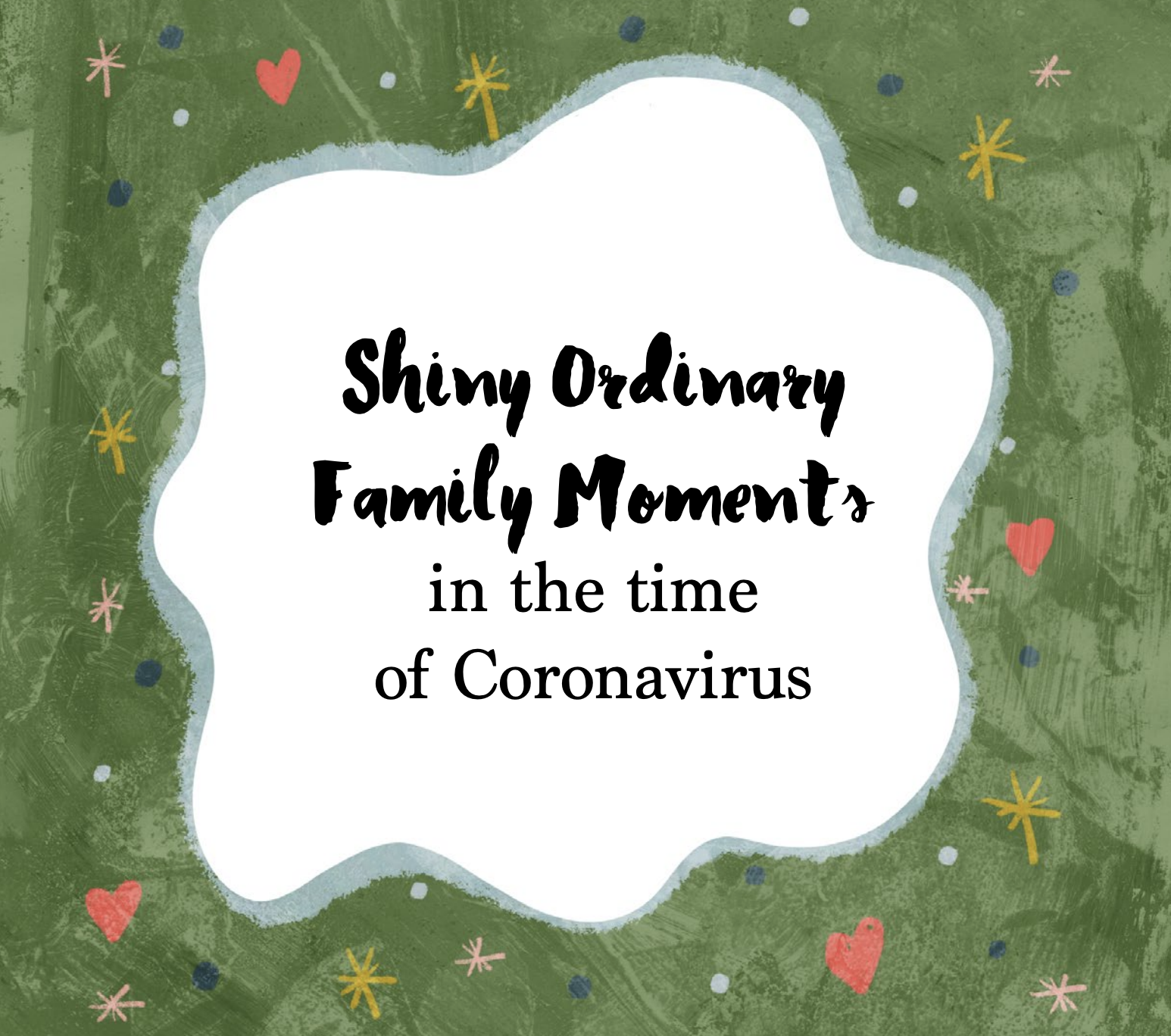
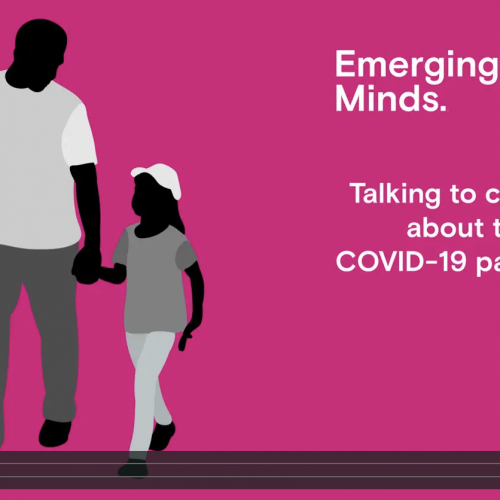
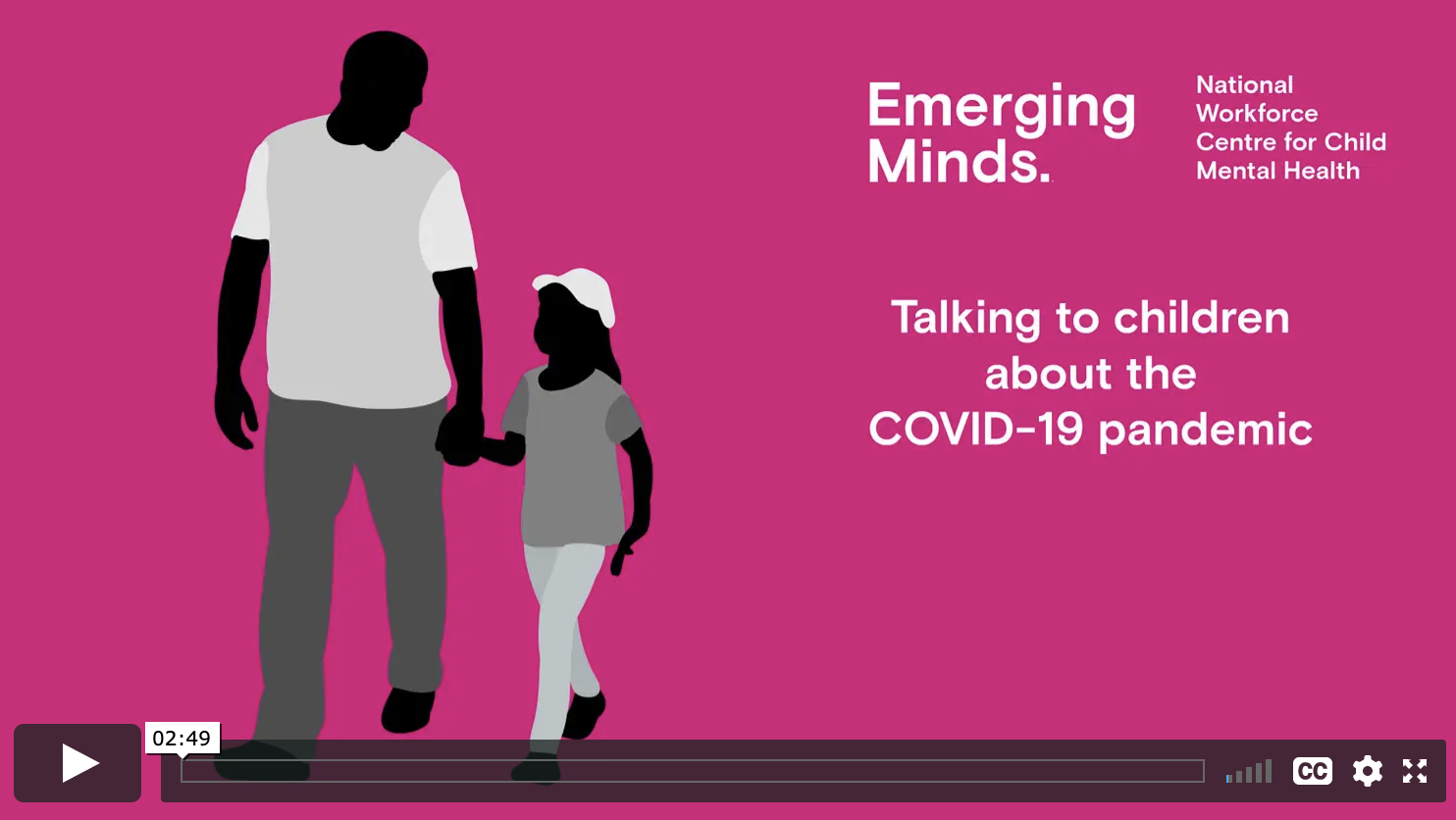
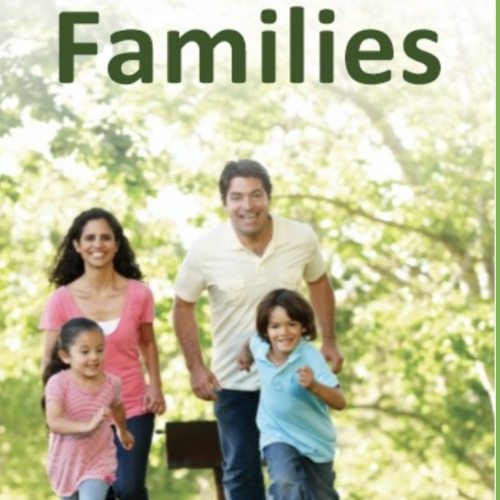
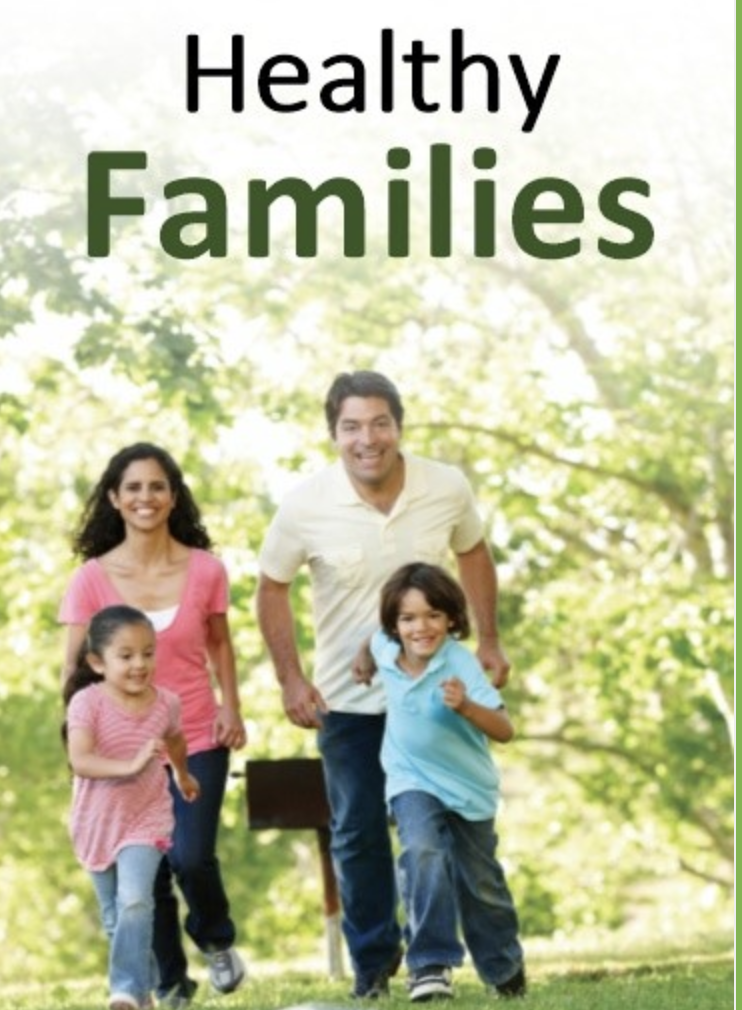


 Tess is a former school chaplain and youth pastor with 15 years of experience in youth work. She now serves as SU QLD’s Children and Youth Program Team Leader, delivering training and professional development to chaplains and youth workers. She holds a bachelor of communications and diploma of youth work.
Tess is a former school chaplain and youth pastor with 15 years of experience in youth work. She now serves as SU QLD’s Children and Youth Program Team Leader, delivering training and professional development to chaplains and youth workers. She holds a bachelor of communications and diploma of youth work. 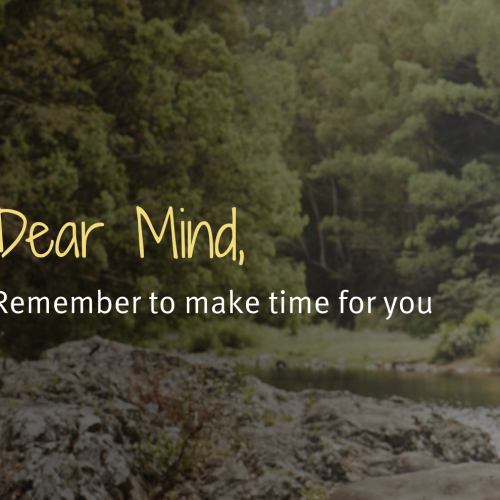
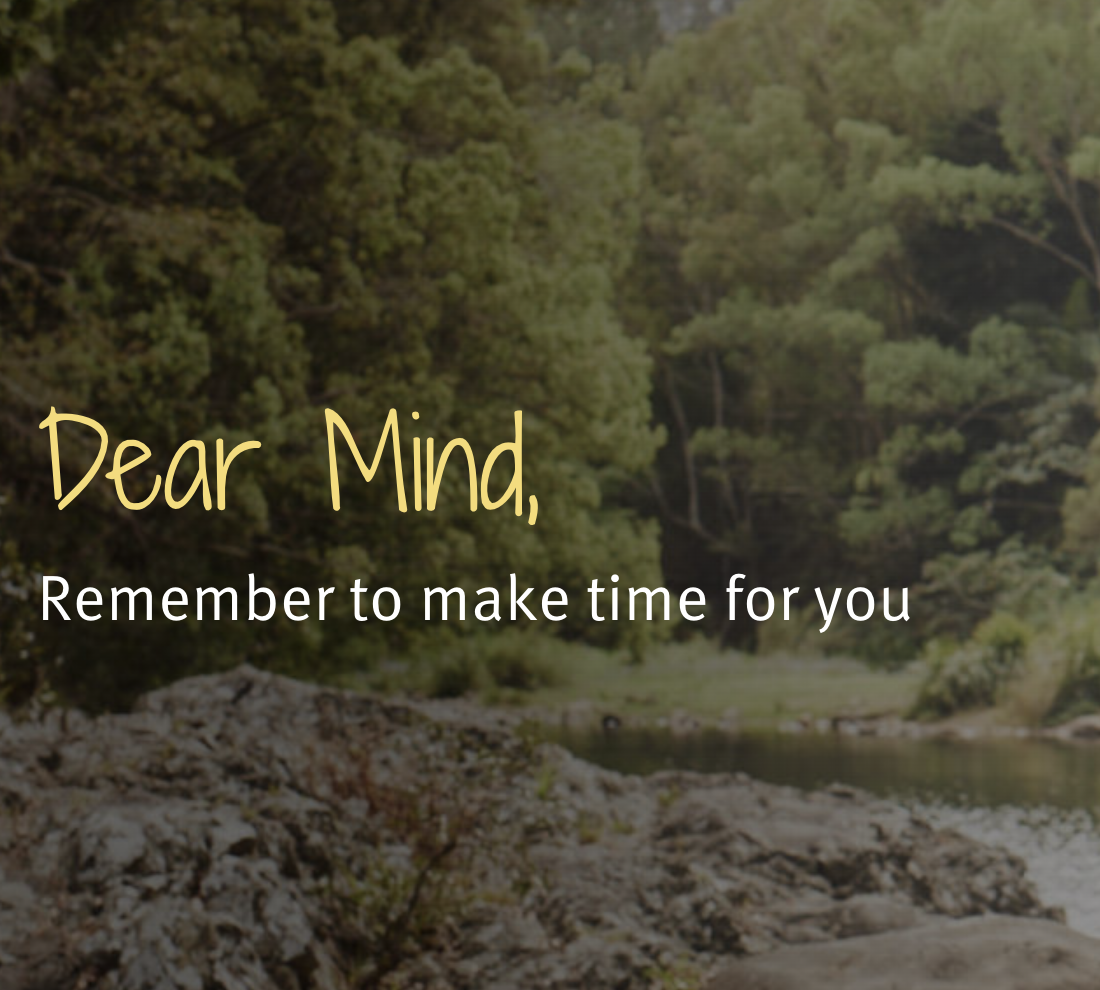
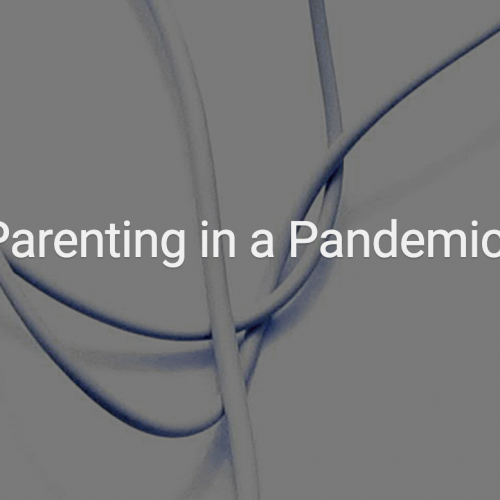
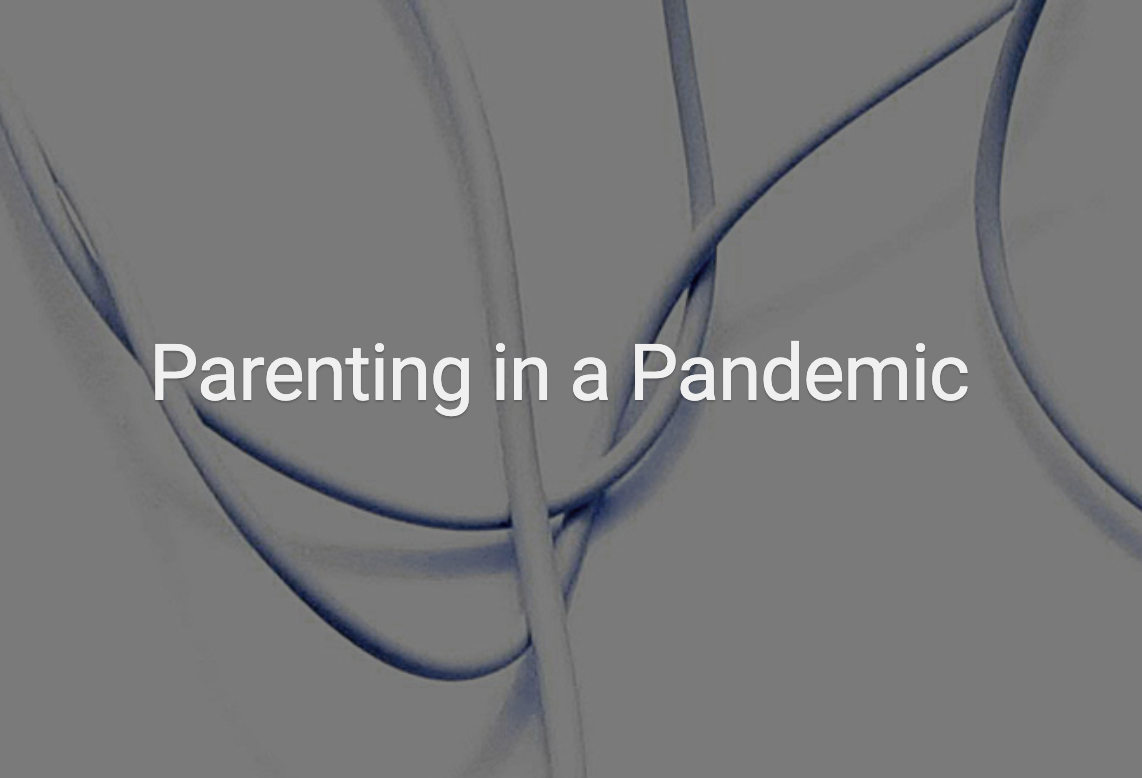
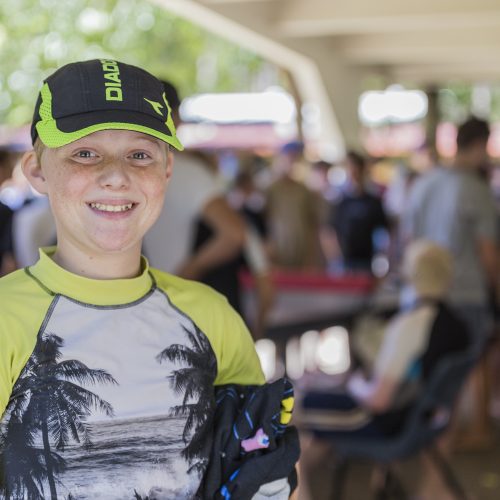
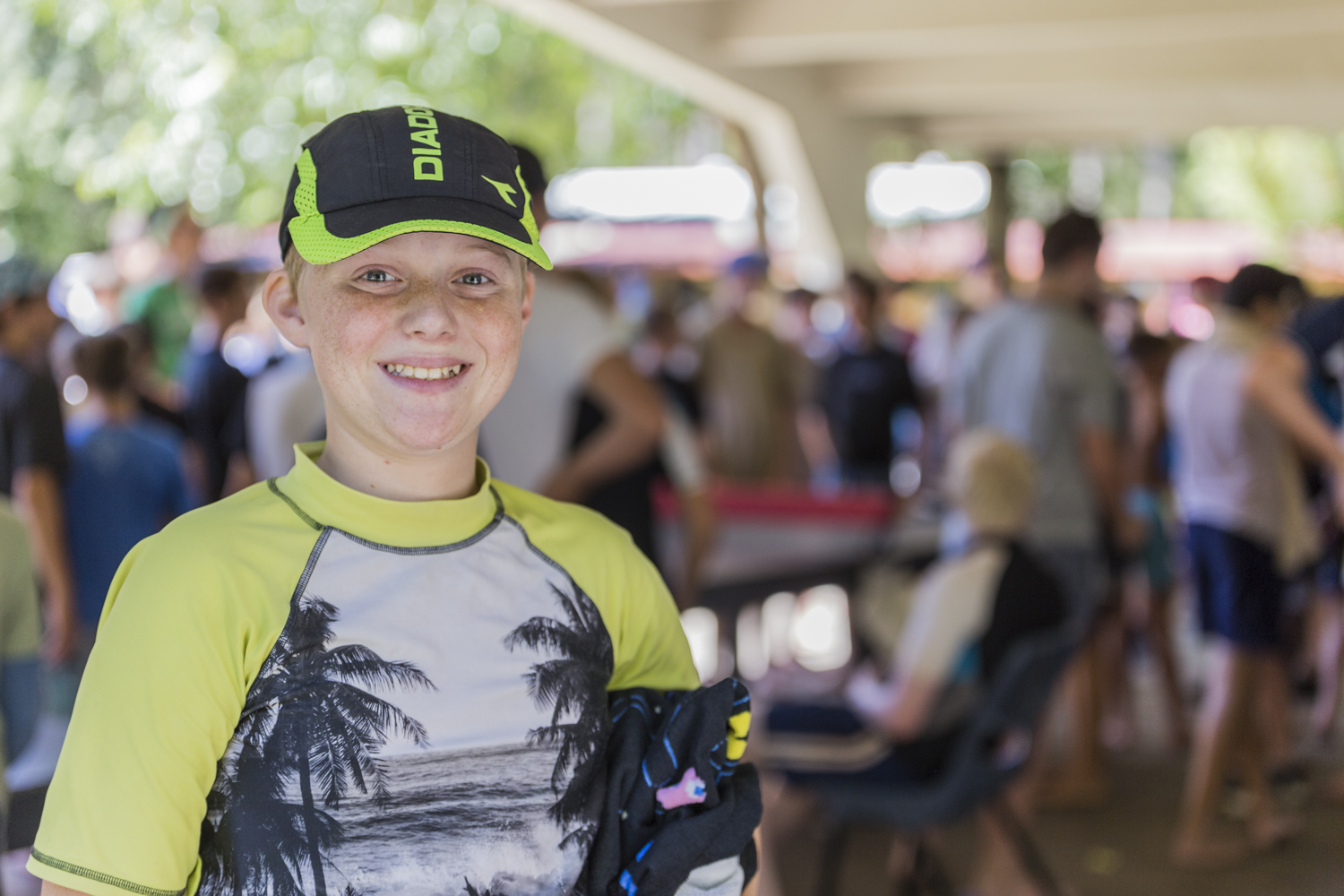
 Jane has been involved with SU Camps and Community Outreaches for 15 years. She has experience as working as a chaplain and has a background in nursing. Jane currently works as the Camp Specialist for SU QLD, overseeing the camps and missions across Queensland.
Jane has been involved with SU Camps and Community Outreaches for 15 years. She has experience as working as a chaplain and has a background in nursing. Jane currently works as the Camp Specialist for SU QLD, overseeing the camps and missions across Queensland. 